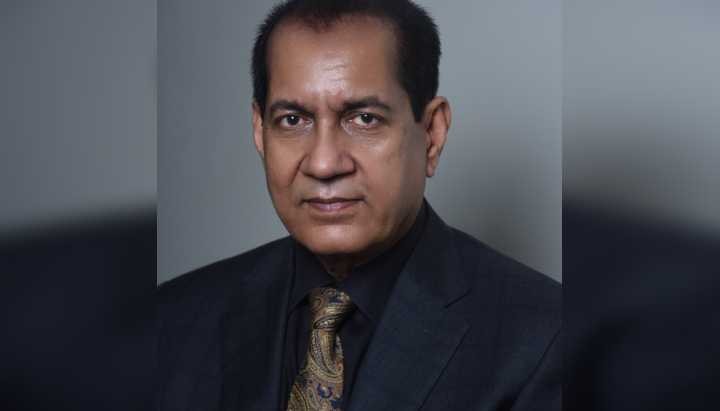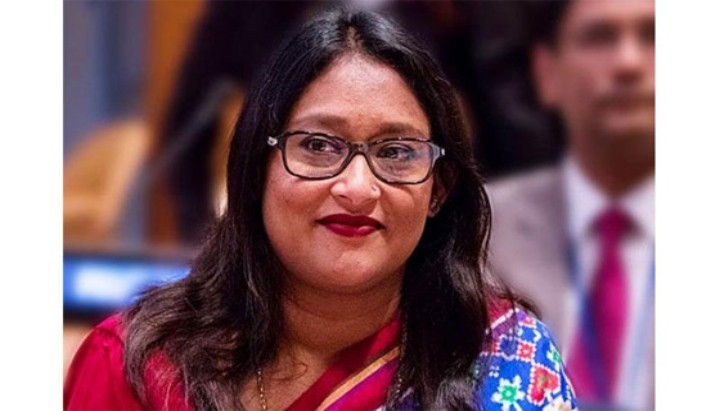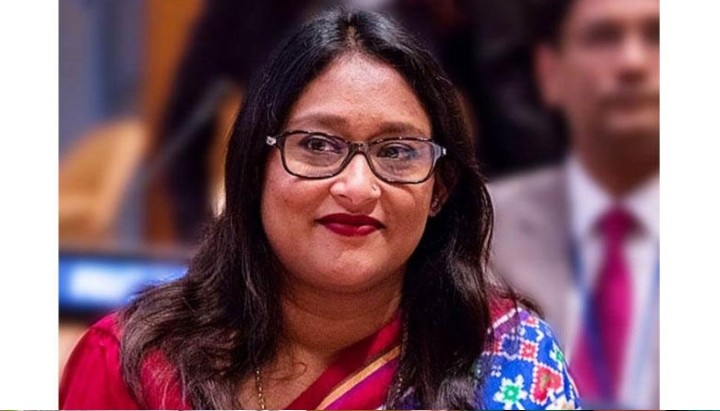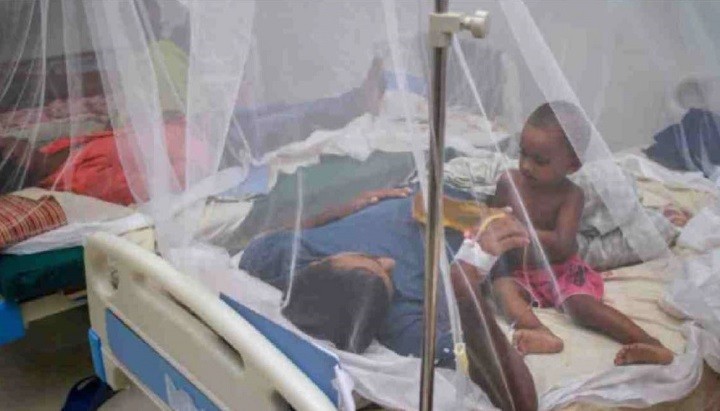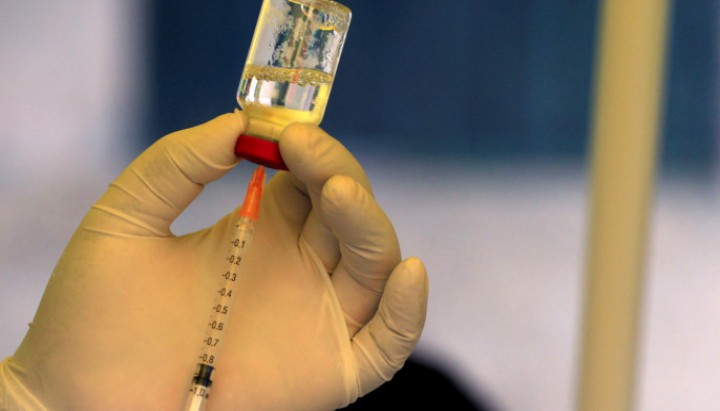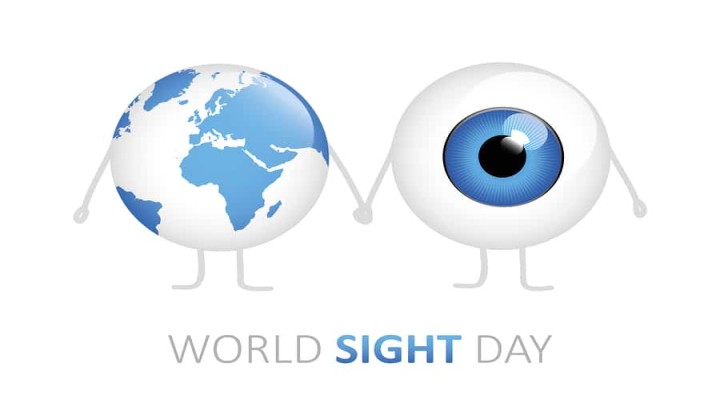Shakespeare said, “Eyes are the window to your soul”. With
lights passing through touching our cornea we see the beauty and the wonders of
our nature, watch the setting sun, experience the glory of the world. With eyes
we not only see, we feel. When words fail, eyes speak. Our vision is our most
important sense as it drives our perception. This resembles that eyes are the
most important and delicate organ of our body and therefore, it becomes
imperative to protect our eyes and ensure their healthy functioning.
Today is the 'World Sight Day'. Every year, World Sight Day
(WSD) is observed on the second Thursday of October. The day marks as an
opportunity to raise awareness about retinal diseases and showcase the
commitment to support the millions of people nationwide living with preventable
vision loss. The theme for this year's World Sight day is #LoveYourEyes.
Our vision is the most powerful sense of ours but it is also
among the first sense organs to become ill and damaged as we age, lead
unhealthy lifestyles. And as we have become more dependent on our smartphone
and computer especially children, we should also take extra care of our eye to
prevent any type of retinal disease.
Globally, at least 1 billion people have near or distance
vision impairment that could be prevented or has yet to be addressed. Vision
impairment affects people of all ages, with the majority being over the age of
50. Vision impairment and blindness can have major and long-lasting effects on
all aspects of life, including daily personal activities, interacting with the
community, school and work opportunities and the ability to access public
services.
There are 5 very effective ways of taking care of eyes.
1) Take Frequent Breaks from the Screens
To the technological era we live in, it has become very
common and sometimes necessary to spend a huge amount of hours in front of
monitors, TVs and cell phones. The constant exposure to screens, be it the
laptop, smartphones, tabs or television, etc., leads to unnecessary strain on
our eyes. It is best to take frequent breaks when reading or working on a
computer screen. One must look away and focus on objects in the distance for
good eye health.
2) Use Eye drops
Staring at screens for too long results it strained dry
eyes. The best way to overcome this problem is to use a hydrating eye drop to
cool, hydrate and nourish the eyes. Just as one shoe doesn’t fit all, one eye
drop isn’t useful for everyone, so consult your ophthalmologist before you
squirt anything in your eyes in the hope that it’s doing you good. Also, always
check the expiry date of products before using them.
3) Get Regular Eye Check-ups
It is advised that you get an eye check-up at least once in
six months. Eye strain, dry eyes, and other similar disorders can lead to
severe ailments if they aren’t cured on time. Consult your doctor once in
six months or if any of the following symptoms persist: irritation of the eye/eyes,
foreign body sensation in the eye, stringy discharge, eye fatigue, heavy
eyelids, red eyes, discomfort on wearing contact lenses, shorter bearable spans
of reading, working on computers, etc.
4) Consumption of a Balanced Diet
Our eyes need to be cared for both externally as well as
internally. Intake of a diet containing all the essential nutrients in proper
quantities is important for maintaining optimum optic health. While eye
problems associated with old age such as cataracts and glaucoma cannot be
eliminated completely, taking adequate quantities of nutrients such as zinc,
Omega 3 fatty acids, vitamin C and vitamin E help reduce the chances of old
age-related vision problems. Green leafy vegetables like spinach and kale and
sources of protein such as chicken and soybean are superfoods that maintain
healthy eyesight. A balanced diet also ensures a healthy body weight which is
essential for keeping obesity at bay. Obesity is a common cause of Type 2
diabetes which is often responsible for rendering patients blind.
5) Give Up Smoking
Smoking cigarettes is a leading cause of eyesight problems
such as Macular Degeneration and Cataracts. The toxins inhaled while smoking
are extremely detrimental to optic health. To let the optic nerves function
efficiently, it is absolutely essential to give up smoking as it causes damage
to it.
People do not take eye problems seriously in Bangladesh. Lack
of general knowledge and ignorance about proper eye care is the cause of
blindness for many people. Emphasis on eye care and services is essential now.
A little awareness, early detection and treatment can prevent blindness. There
are some patients in Bangladesh who do not understand that they are suffering
from eye problems. As a result, due to lack of proper treatment at the right
time, the number of people suffering eye illness, blindness is increasing day
by day. 80% of blindness can be eliminated if treated and operated on time and
eye problems need to be identified at an early stage through regular health
checkups along with raising awareness. In addition, there is a need to take
various initiatives by the government and the private sector to eliminate and
prevent blindness in Bangladesh.
Another thing to mention is that the eye treatment is being
disrupted due to shortage of ophthalmologists in Bangladesh. Many eye
operations are not possible in our country due to lack of good doctors, which
is our biggest failure. Apart from this, people's reluctance to donate cornea
in the country is also holding back our medical system. And there is a lack of
public awareness. We should create mass awareness all over the country, so that
we can reduce blindness and eye disease.
Bangla Insider organized a discussion meeting on the occasion
on World Sight Day. Where the speaker said that, “Bangladesh has now reached
the world standard in eye treatment.” They said that under the leadership of
Prime Minister Sheikh Hasina, Bangladesh has made remarkable achievements in
eye care. They expressed hope that blindness is curable and preventable in
Bangladesh and the Institute of Ophthalmology and the Ministry of Health are working
towards that goal.
Former advisor to the Prime Minister, President of Community
Clinic Support Trust and Chairman of BMRC Dr. Syed Modasser Ali participated in
the discussion program along with former Director General of Health Department
and internationally renowned ophthalmologist Professor Dr. Deen Mohammad Noorul
Haque and Life Director of National Institute of Ophthalmology Professor Dr.
Golam Mostafa. The program was moderated by Syed Borhan Kabir. Watch the full video on Bangla Insider's YouTube channel.


